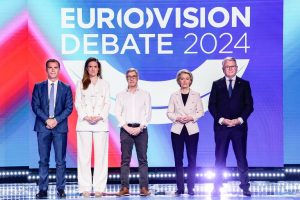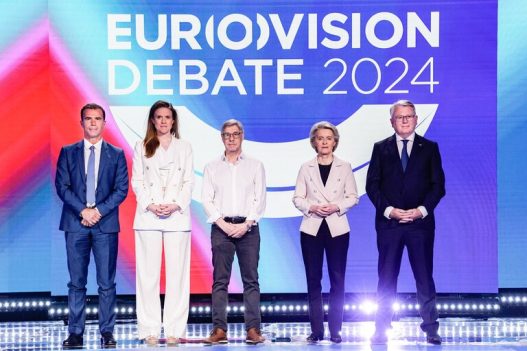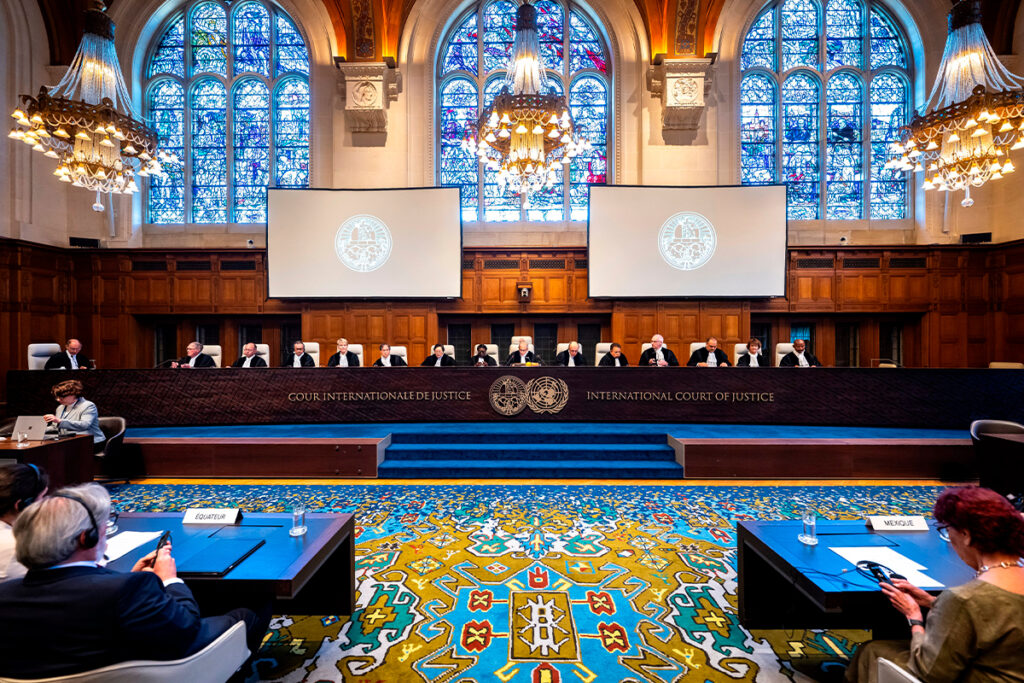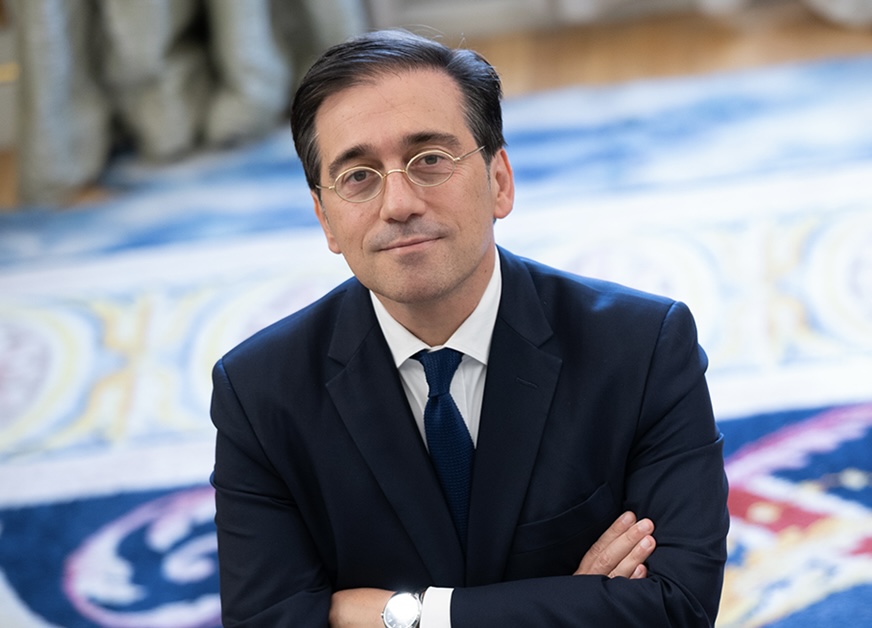
THE FAR RIGHT TAKES CENTER STAGE IN THE DEBATE OF THE CANDIDATES FOR THE PRESIDENCY OF THE EUROPEAN COMMISSION
By Ane Barcos / Aquí Europa
The absence of the extreme right in the debate this Thursday, May 23, 2024 in Brussels has not gone unnoticed. And, although this unknown was already resolved by the organization, the moderators of the debate have ratified that despite having received their corresponding invitation, not agreeing with the principle of head of list, ID and ECR have not presented leading candidate, so they have not counted with a slot in the debate. However, this has not prevented their protagonism in the discussions, since they have been the center of reproaches and criticisms among the participants.
The candidates for the presidency of the Commission already faced each other at the end of April in a meeting of similar characteristics held in Maastricht. Of that debate highlighted the way in which the current head of the Community Executive and favorite to occupy the post again, Ursula von der Leyen, left the door open to a possible pact with the extreme right.
A position she has maintained this Thursday, because, despite having been questioned both by her opponents (especially by the Social Democrat, who has repeatedly asked for clarity about her intentions), and by the moderators, the German has maintained that she will work with whoever “is pro-European, anti-Putin and defends the rule of law”.
THE EXTREME RIGHT “IN THE SPOTLIGHT
One of the novelties of this third edition of the Eurovision Debate was the “Spotlight” section, in which the candidates, in addition to having one minute to address the audience directly, have been interviewed individually by the moderators.
The first to face this “interrogation” was the Social Democrat, Nicolas Schmit, who used his 60 seconds to say that what inspires him is “the improvement of the conditions of everyday life” and that the Social Democrats are committed to “a firm Europe that responds to the concerns of citizens”.
When the moderator asked him about the willingness of his group to work with the European People’s Party, the Luxembourger launched the first criticism against Von der Leyen, pointing out that this will depend on the willingness of the Popular Party to work with democratic forces. “ID and ECR do not fit with the fundamental values defended by the European Union. We have to be blunt,” Smicht insisted.
The next “in the spotlight” was Sandro Gozi, who, honoring the name of his party, Renew Europe, called for a transformation of the European Union to face the current challenges, which require “a vision and a sense of urgency”.
During the interview, the moderator mentioned to him the loss of support for his party, as predicted by the polls. To which the candidate replied that, for him, “polls do not count, the ballot box counts”. Gozi has also attacked Von der Leyen, expressing his bewilderment at her willingness to open up to parties that “are against Europe”. “We must not lend ourselves to them, we must fight them”, she has defended.
But the German was not the only one to receive criticism. Gozi has also been splashed by the rapprochement of part of his group with the extreme right. The fact is that the right-wing liberals of the Netherlands, VVD (Renew in the European Parliament), are considering forming a government in the Netherlands with the far-right leader Geert Wilders (PVV).
The Greens’ candidate, Terry Reintke, focused her speech on camera on the importance of safeguarding “the future of a precious continent”. Reintke also warned that “the climate crisis waits for no one” and that this is not a priority of the right and far right. “If the EPP works with the conservatives, the Green Pact will come to an end,” he warned.
In her individual interview, she has been questioned about the willingness of her group to establish stricter green policies and the consequences that this could bring for farmers, who have already been protesting for months by the demands of the European Union. In that sense, Reintke has advocated to support the agricultural sector and make it participate in the measures taken to curb climate change.
When it was Von der Leyen’s turn, she decided to appeal to young people, who filled a large part of the chamber. The German has assured that the new generations “support the European Union, they want a strong Europe, which protects and is prosperous”. “I am ready to build a majority for the sake of this strong Europe. I have experience and a great desire to fight for this Europe”, he added.
Although it has not been a main point of the debate, the moderators have asked him about the recognition of Palestine and the role it adopted when the conflict broke out in the Middle East. “Do you think it was too fast?” the moderator asked her. The current head of the Community Executive defended herself by arguing that “it was necessary to recognize the horror that took place on October 7”. She also reiterated the importance of a two-state solution.
The candidate of The Left, Walter Baier, criticized, precisely, that the humanitarian crisis in Gaza was not one of the central themes, something that was applauded by the audience. “We talk about peace and security but nobody mentions Gaza or Israel. I said it already in Maastricht, when will the European sanctions against Israel arrive?”, he emphasized.
He has also advocated for a ceasefire in the Ukrainian war, insisting that the European Union should adopt a negotiating position to reach a diplomatic solution.
In his “Spotlight” minute, Baier acknowledged having experienced social injustices at first hand, assuring that the will of his group is to put an end to the inequalities resulting from a neoliberal capitalist system.
During almost two hours of debate, the candidates had the opportunity to present their proposals and priorities on the issues that European citizens identified as priorities for the European elections next June. And although polls are periodically published that advance the possible results, the five participants in the debate that Brussels has hosted this afternoon have been responsible for remembering that the final results will be known when voters go to the polls.
————
This article was originally published in Aquí Europa, with whose permission we reproduce it.



